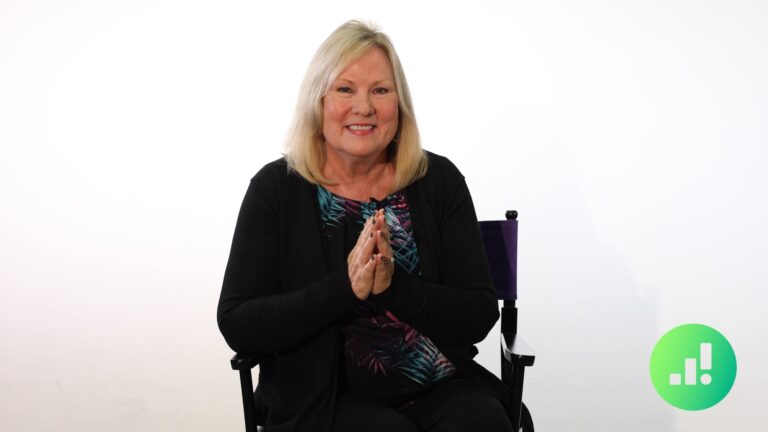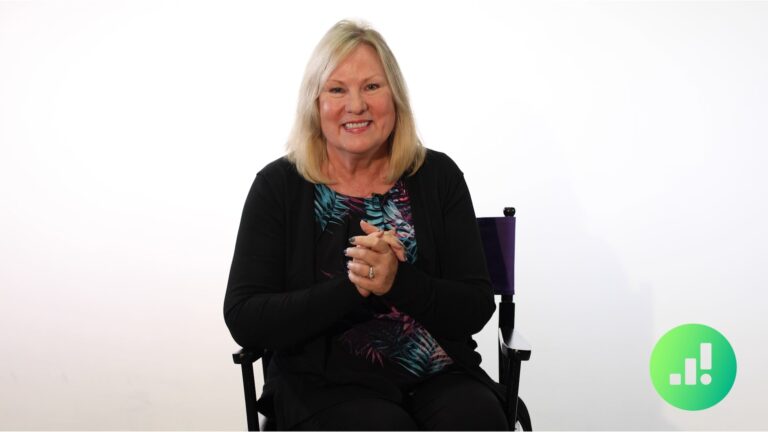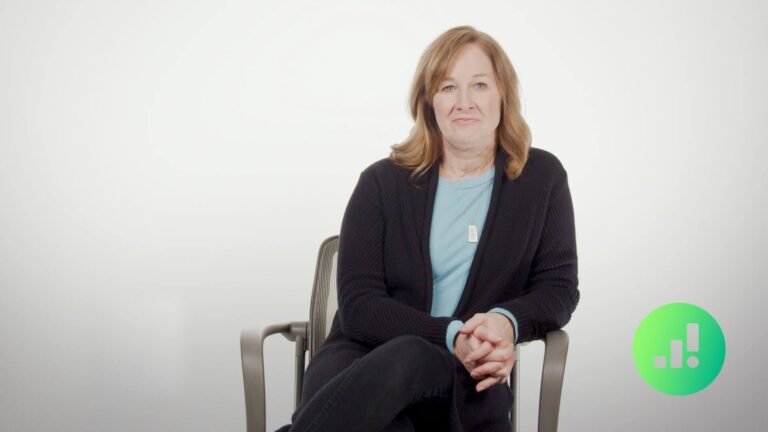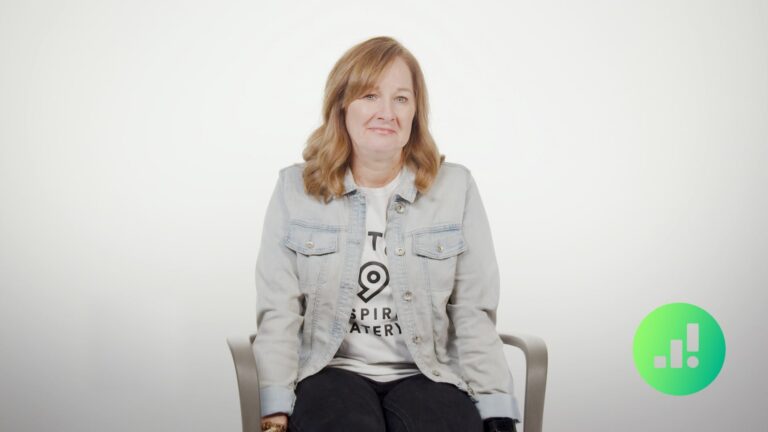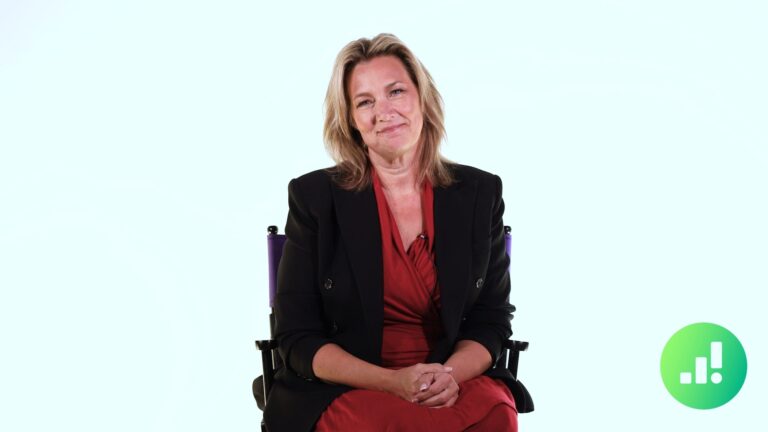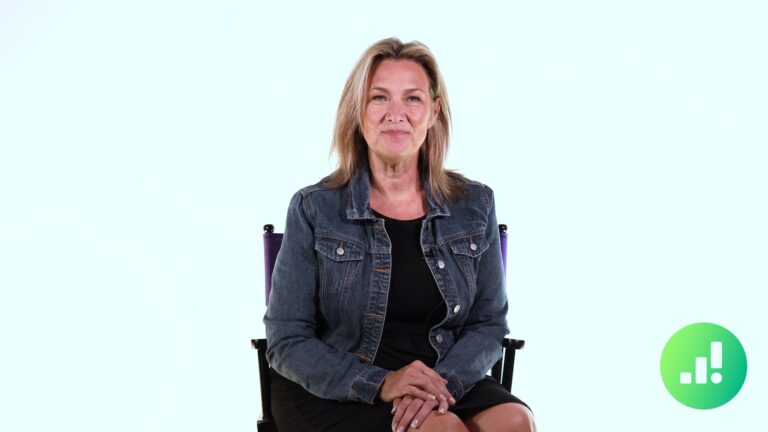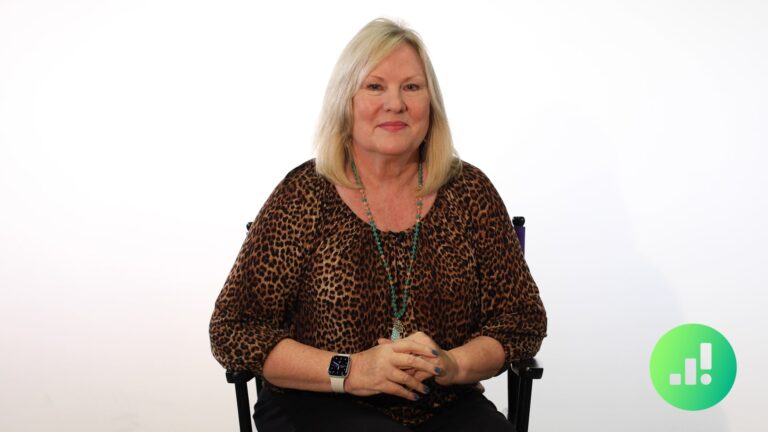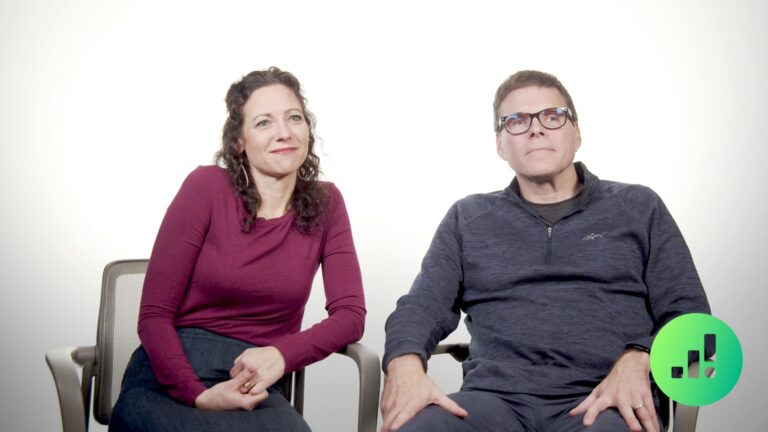Dr. Melissa Mork has done it all, whether it’s backpacking in Africa for two years or talking to the minister of health in Norway about humor and mental health. Currently a professor at the University of Northwestern – St. Paul, Dr. Mork seeks to educate others about mental health. Her hope is to help destigmatize mental illness, especially in the church.
Young Melissa Mork was always fascinated with psychology. At the age of five, she was determined to become a psychologist. Little did she know how many trials she would face along the way.
In high school, Dr. Mork’s friend committed suicide. She was devastated. Her wound only went deeper when her mother passed away in an accident while Dr. Mork was in college. She was talking to her father about it, and he asked her to study grief as she began her degree in psychology. A week after she made that promise, her father was taken from her, dying of a broken heart from the loss of his wife.
But Dr. Mork was determined, despite the tsunami of loss that had flooded her life.
Before she dove deeper into psychology, Dr. Mork took a gap year in college—which turned into about seven years—to be a stage actress in Los Angeles. Then, she ventured back to her home state of Minnesota, where she went to graduate school. She gained her master’s degree and doctorate in clinical psychology, and she studied how to cope with grief.
After her studies, she began to teach psychology at the University of Northwestern – St. Paul. She continues to teach there, and she also educates others through social media and speaking events.
When her husband died of lung cancer in 2017, Dr. Mork dove deeper into her grief studies. She and her kids dealt with the heartbreak through humor. Somehow, smiling through the pain helped relieve it a bit.
Dr. Mork has always been amazed by the resilience in each person who has gone through so much. She has had the opportunity to work with many people who have dealt with mental illness, and she is passionate about her work as a professor.
As Dr. Mork ventured into the realm of podcasting, she felt a strong desire to take away the stigma of mental illness. She states that she is “frustrated that in the church, people are not necessarily allowed to have mental illness.” She continues by saying that Christians tend to accept a variety of physical ailments, but they do not feel the same way about people who are mentally sick or hurt.
Often, Christians who experience mental illness are hurt deeply when people tell them that they simply need to pray and read the Bible more. This often make them feel even more hopeless, and it likely contributes to shame and isolates them from the very place where they should be able to find peace and acceptance: with God and His church.
Dr. Mork hopes that her podcast will help people on their journeys with mental health and grow in empathy toward others going through their own experiences. During each episode, she talks with people who have a mental health diagnosis, including depression, borderline personality disorder, and depersonalization/derealization.
Not only does this podcast benefit listeners, but Dr. Mork also believes it benefits her. In each episode, she interacts with people without being their therapist—or their professor. The interaction is quite unique.
Dr. Mork has been through many trials in her life. These trials have enabled her to relate with others who may be suffering. Hopefully, as you listen to Mental Health with Dr. Melissa Mork, you can feel relieved and seen as you gain a glimpse into others’ life experiences.
If you would like to learn more about Dr. Melissa Mork and her podcast, you can read more about the story behind the podcast.
Tune in to Mental Health with Dr. Melissa Mork to hear Dr. Mork and her guests share their powerful stories of mental health.
“Often, Christians who experience mental illness are hurt deeply when people tell them that they simply need to pray and read the Bible more.”




